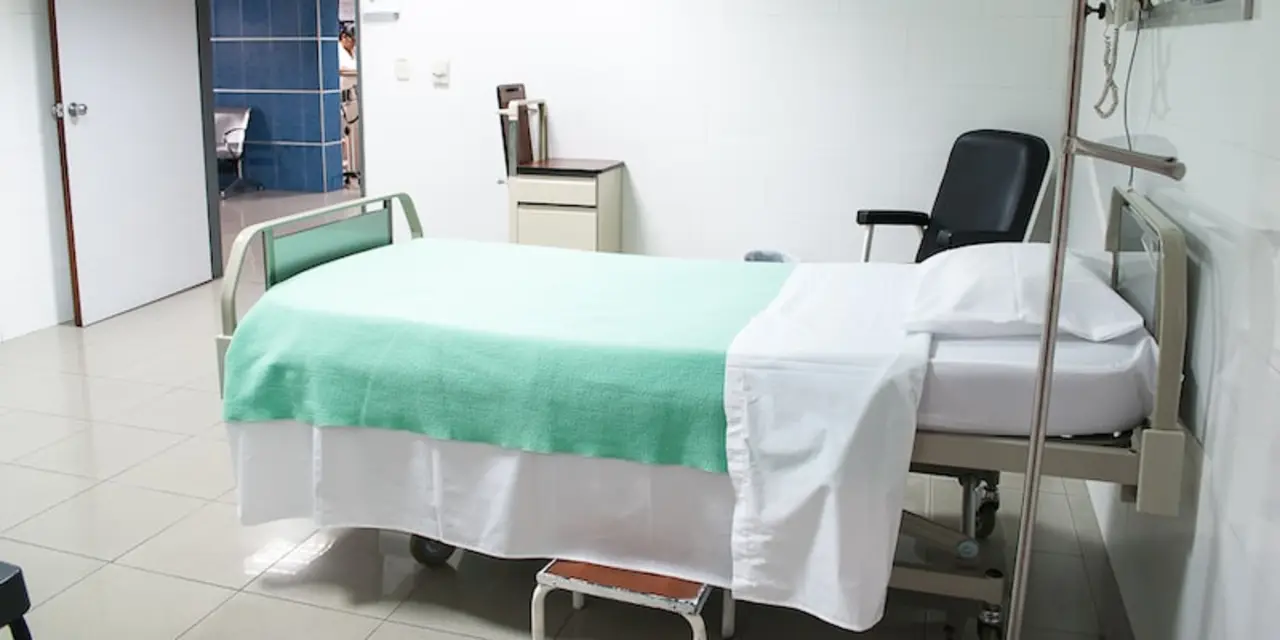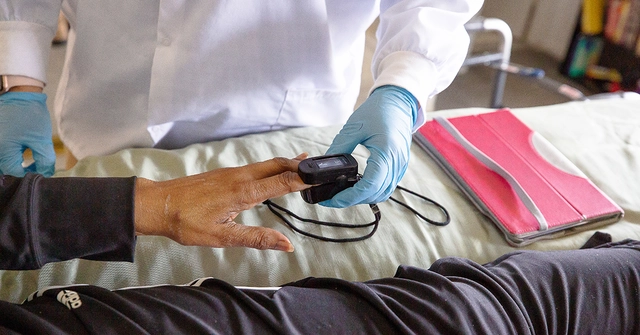As the cost of health care continues to rise in the United States, it’s no surprise that middle-class families are feeling the pinch. For many families, health care costs are a major factor in their overall budget. In fact, some families are struggling to afford quality health care coverage, or are forgoing it altogether.
The rising costs of health care can be attributed to a variety of factors, including the increasing cost of prescription drugs, rising medical costs, and the lack of competition in the health insurance market. Many families are also struggling with the high cost of co-pays and deductibles, which can make it difficult for them to afford the care they need.
Unfortunately, these rising costs are having a significant impact on the financial security of middle-class families. Many are forced to make difficult choices between paying for medical care and other necessities, such as rent, food, and clothing. As a result, some families are falling deeper into debt and are unable to save for retirement or other long-term financial goals.
The situation is even more dire for those without insurance. Uninsured individuals often find themselves struggling to pay exorbitant out-of-pocket costs, or even worse, having to forgo necessary treatments and procedures.
The rising cost of health care is a major concern for middle-class families, and it’s clear that something needs to be done to make quality health care more affordable for everyone. Until then, families will continue to struggle to make ends meet.
In recent years, the cost of health care in the United States has skyrocketed. This has left many middle-class Americans struggling to keep up with the rising costs of health care and the associated medical bills. In fact, a recent study found that the cost of health care for a family of four with an average income increased by nearly 60% between 2008 and 2018. This is an alarming statistic that should be of great concern to everyone, especially those in the middle-class who are often the most vulnerable to rising costs.
The rising costs of health care are having a devastating effect on the middle-class. Not only are they struggling to pay for basic medical care, they are also struggling to pay for the medications needed to treat chronic conditions like diabetes and high blood pressure. This has left many in the middle-class facing the difficult decision of either going without necessary medications or going into debt to pay for them. This is not a decision anyone should have to make.
The impact of rising health care costs on the middle-class is compounded by the fact that they are already facing economic insecurity. Many middle-class families are struggling to make ends meet and are having to make tough choices between paying for basic necessities and paying for medical care. This puts them in an even worse financial situation and further erodes their ability to make ends meet.
It is clear that the rising costs of health care are having a devastating effect on the middle-class. While it is important to recognize the need for affordable health care, it is also important to ensure that those in the middle-class are not left behind. If we are to truly make progress in this area, then we must ensure that everyone has access to the health care they need at an affordable price.
The cost of health care in the United States has been steadily rising over the past few decades, and this has had an especially heavy impact on middle-class Americans. As the cost of medical care, prescription drugs, and other health services increases, many middle-class families are finding it harder and harder to keep up with the bills.
The cost of health insurance premiums has been rising steadily over the past few years, and this has put a significant financial strain on many middle-class families. The cost of health care services has also been rising, and this has made it more difficult for individuals and families to afford the medical care they need.
The rise in health care costs has been particularly hard on those who live paycheck to paycheck. Many of these individuals and families find themselves having to choose between paying for basic necessities and paying for medical care. This is especially true for those who have pre-existing medical conditions that require ongoing care.
The rise in health care costs has also had an impact on those who have been able to save for their retirement. Many middle-class families have had to dip into their savings in order to pay for medical care, which has put a strain on their retirement savings.
The rising cost of health care has been a major financial burden for many middle-class Americans, and it is a growing problem that needs to be addressed. It is important that policies are put in place that can help to make health care more affordable for everyone, so that all Americans can get the care they need without breaking the bank.
As health care costs continue to rise, the financial burden on middle-class families is becoming increasingly difficult to manage. With wages stagnating and the cost of living continuing to increase, the increasing cost of health care can be overwhelming for many. However, there are some steps that middle-class families can take to help ease the burden and ensure that they have access to quality care.
One of the most effective ways to reduce the cost of health care is to shop around for the best deal. Many insurance companies offer different plans with varying levels of coverage, so it’s important to find the plan that meets your needs while also offering the most coverage at the lowest cost. It’s also important to compare prices between different providers in your area to ensure you’re getting the best deal available.
Another way to reduce the cost of health care is to take advantage of programs such as health savings accounts (HSAs). These accounts allow individuals to save money on a tax-free basis for health care expenses, which can help to offset the cost of premiums and other medical bills. HSAs can also be used to pay for copays, deductibles, and other out-of-pocket expenses.
Finally, it’s important to take advantage of preventative care. Regular checkups and screenings can help catch potential health issues before they become serious, which can save you money in the long run. Additionally, many doctors offer discounts for preventative care, which can help to reduce the cost of health care even further.
By taking these steps, middle-class families can help to reduce the financial burden of health care costs and ensure that they have access to quality care.


